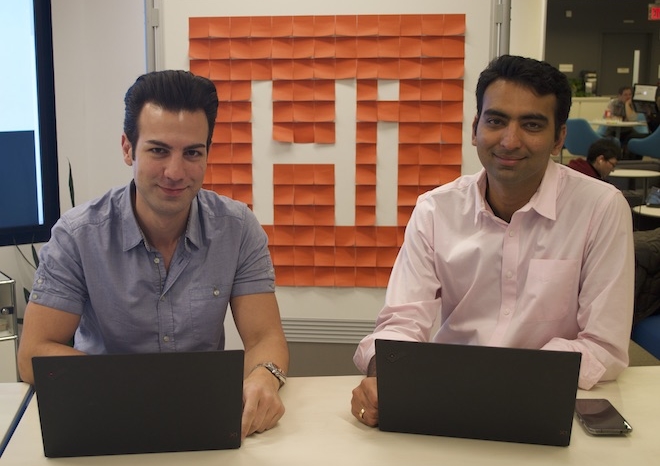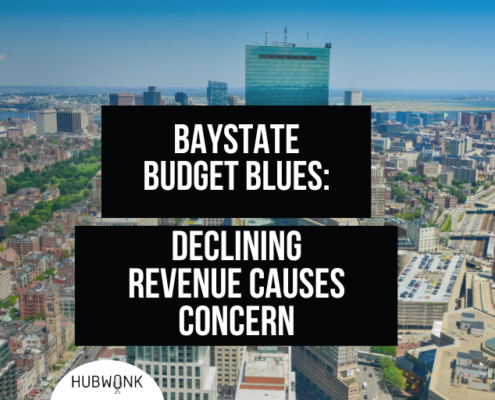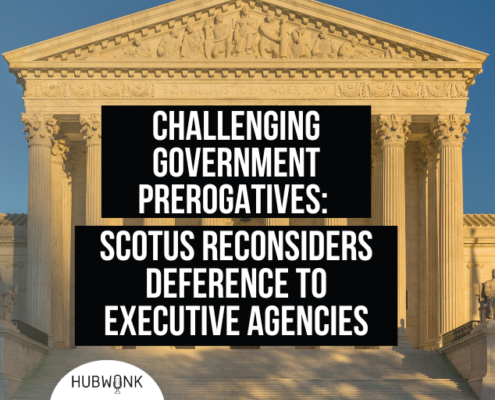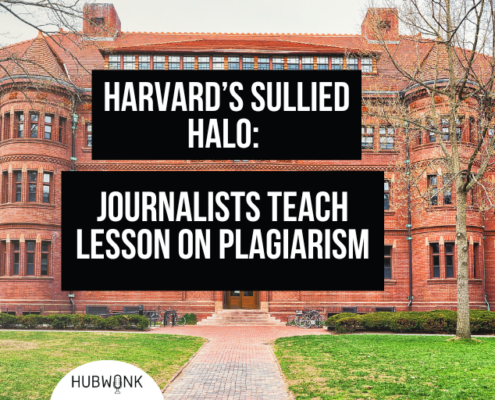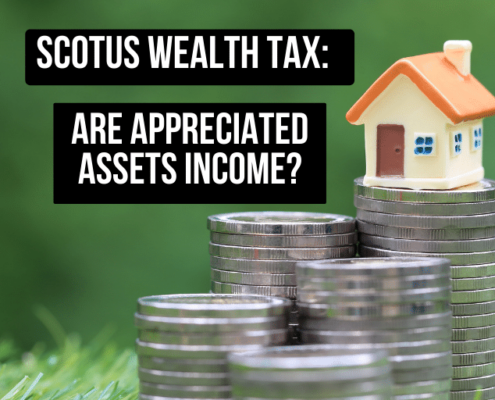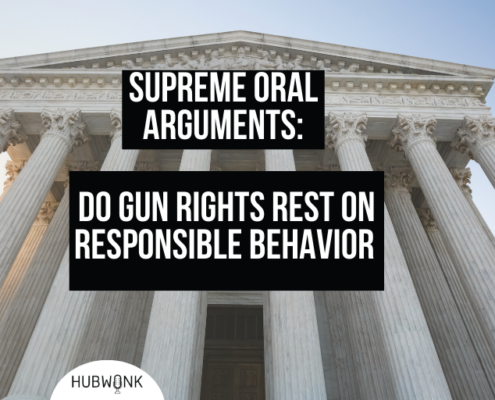Student Loan Collective Bargaining: Leveraging Loan Aggregation for Better Rates
Join Hubwonk host Joe Selvaggi as he talks with Chris Abkarians and Nikhil Argawal, co-founders of LeverEdge, about how their new student loan platform uses loan aggregation and competition to secure better rates for student loans.
Guests:
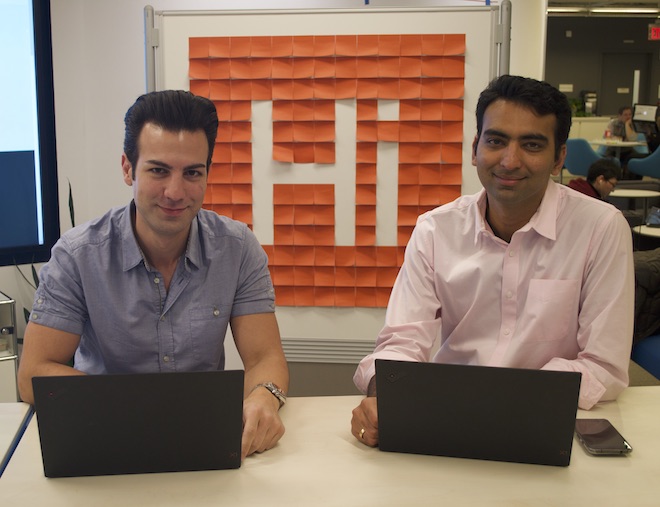
Chris Abkarians is a co-founder of LeverEdge, the first collective bargaining group for student loans. He is a graduate of Harvard Business School and received degrees in Public Policy and Political Science from Duke University.
Nikhil Argawal is a co-founder of LeverEdge, the first collective bargaining group for student loans. He is a graduate of Harvard Business School and received degrees in Technological Management and Aerospace Engineering from University of Illinois at Urbana-Champagne.
Get new episodes of Hubwonk in your inbox!
Related Posts

